
A Malay girl and two Malay boys dressed in green traditional clothing Ropa de chicas, Ropa
The only difference from the men's clothing is their samping (tied in a Pahang way) and their way of wearing Tanjak. 8. Selangor. Selangor women's traditional wardrobe is simple yet very classy. They wore the Baju Kebaya Labuh Selangor or The Malay Dress where it's like a normal kebaya, but longer.

an image of some people that are dressed up in costume and posing for the camera
by IIUM EDUCARE | Aug 24, 2021 | Latest News Traditional clothes among Malaysians represent a cultural symbol of a society. In Malaysia There are three dominant cultures such as Malay, Chinese and Indians. Besides that, Malaysia represents a multicultural nation which has their own traditional clothing.

Traditional dress in Sarawak, Malaysia. Sarawak is one of the two Malaysian states on the island
Baju Kurung ( Jawi: باجو كوروڠ) is a traditional attire of Malays and traditionally worn by women in Brunei, Indonesia, [1] Malaysia, Singapore and southern Thailand. This type of traditional attire is the national dress of Brunei and Malaysia.
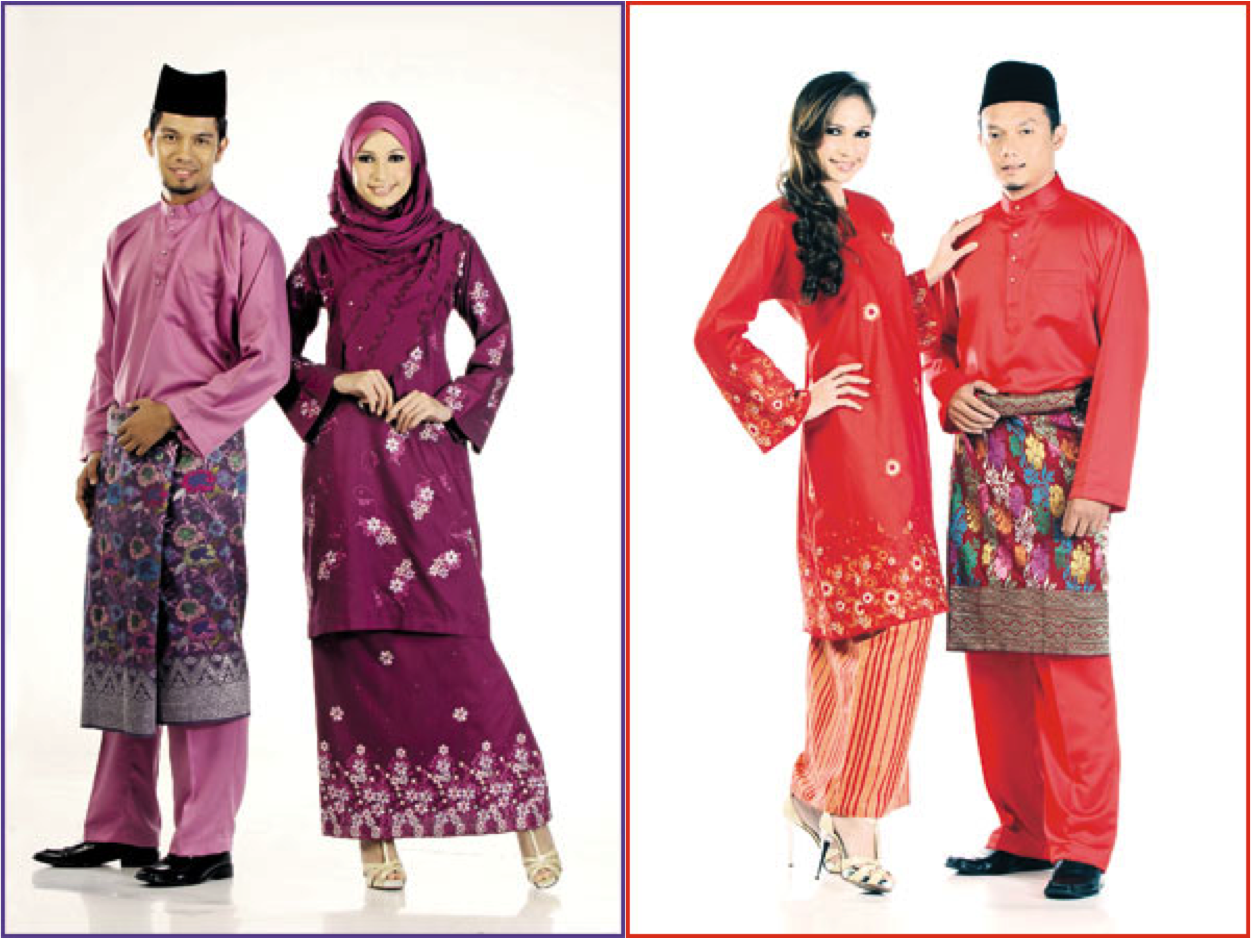
Culture of Malaysia Traditional Malay Costume Little Modernist
The traditional baju Melayu is a classic Malaysian outfit perfect for any formal occasion. Its unique design consists of a long-sleeve shirt with a mandarin collar that is mostly worn untucked and paired with tailored pants or a sarong. To maximize comfort during hot weather, the material usually used in constructing this kind of attire is a.
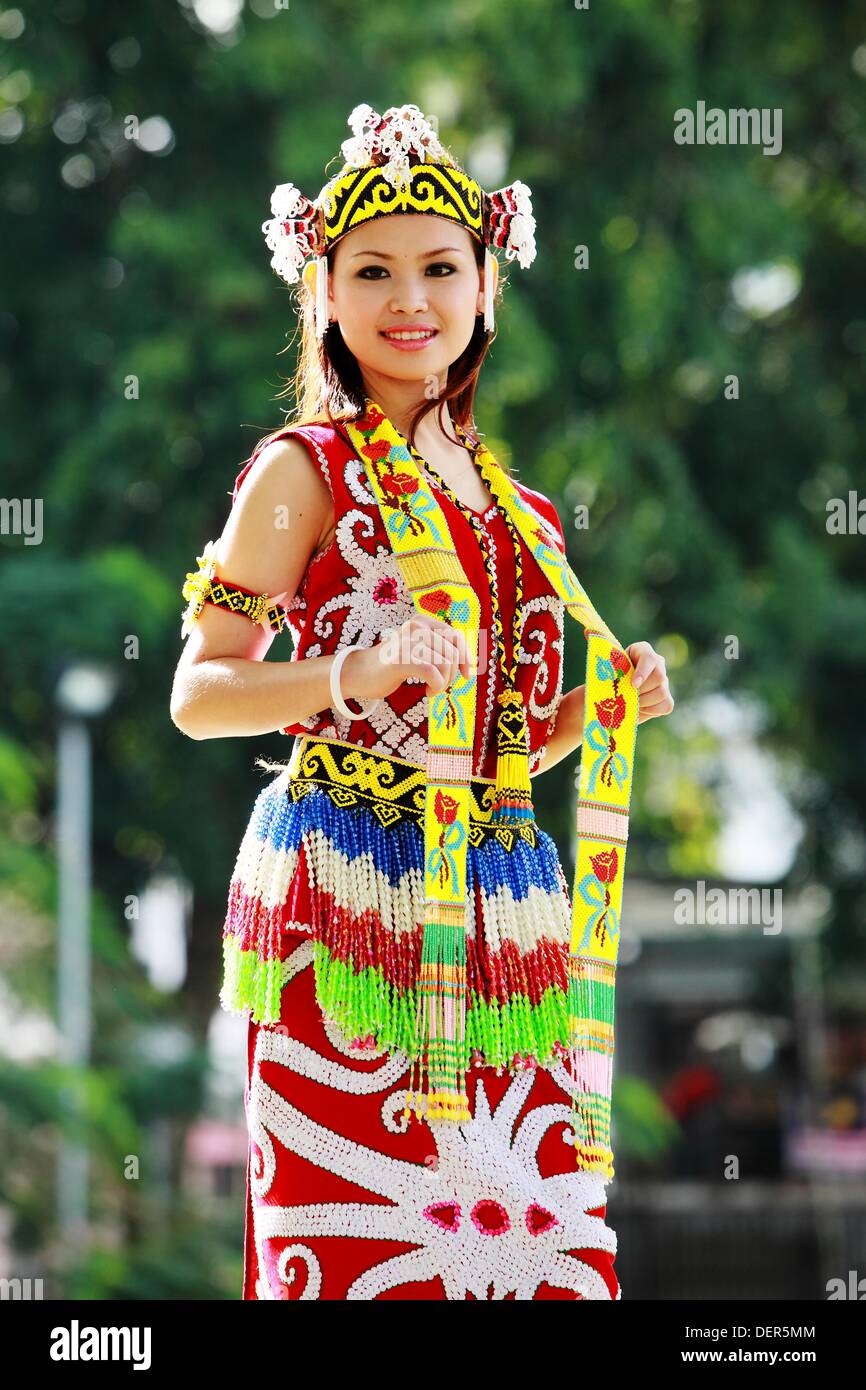
Traditional Entertainment In Malaysia The Malays Form The Majority Of The Population And Have
Men: The traditional attire of Malay men is called baju melayu, which is a loose tunic paired with trousers and a sarong which is known as sampin. Men also wear the traditional hat, called songkok or kopiah with it. Some men prefer wearing batik shirts with trousers.
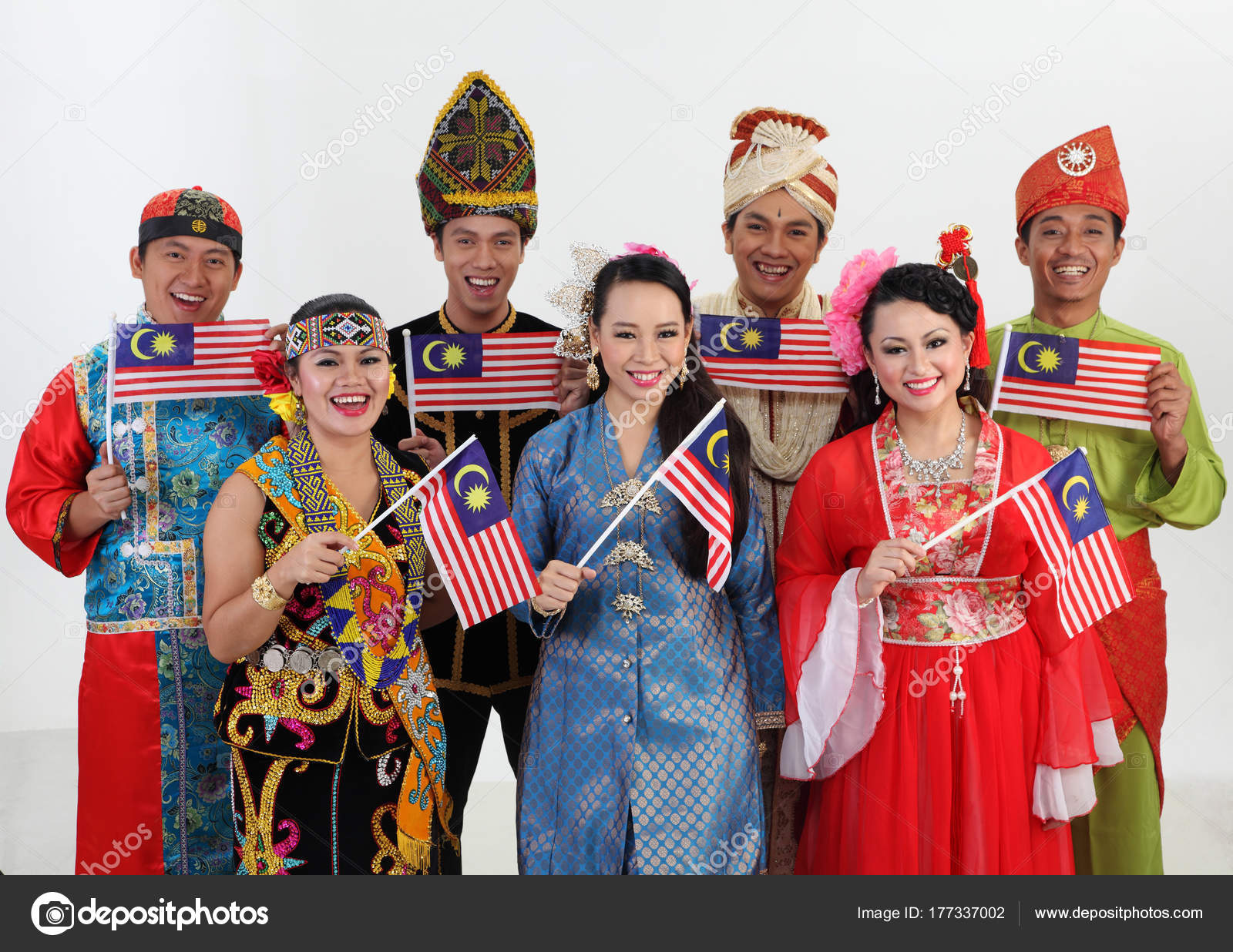
Traditional Malaysian Clothing
Since Malaysia is a multicultural nation: Malay, Chinese, Indian and hundreds of other indigenous groups of Malay peninsula and Borneo, each has its own traditional and religious articles of clothing all of which are gender-specific and may be adapted to local influences and conditions. Previously, traditional clothes were worn daily.
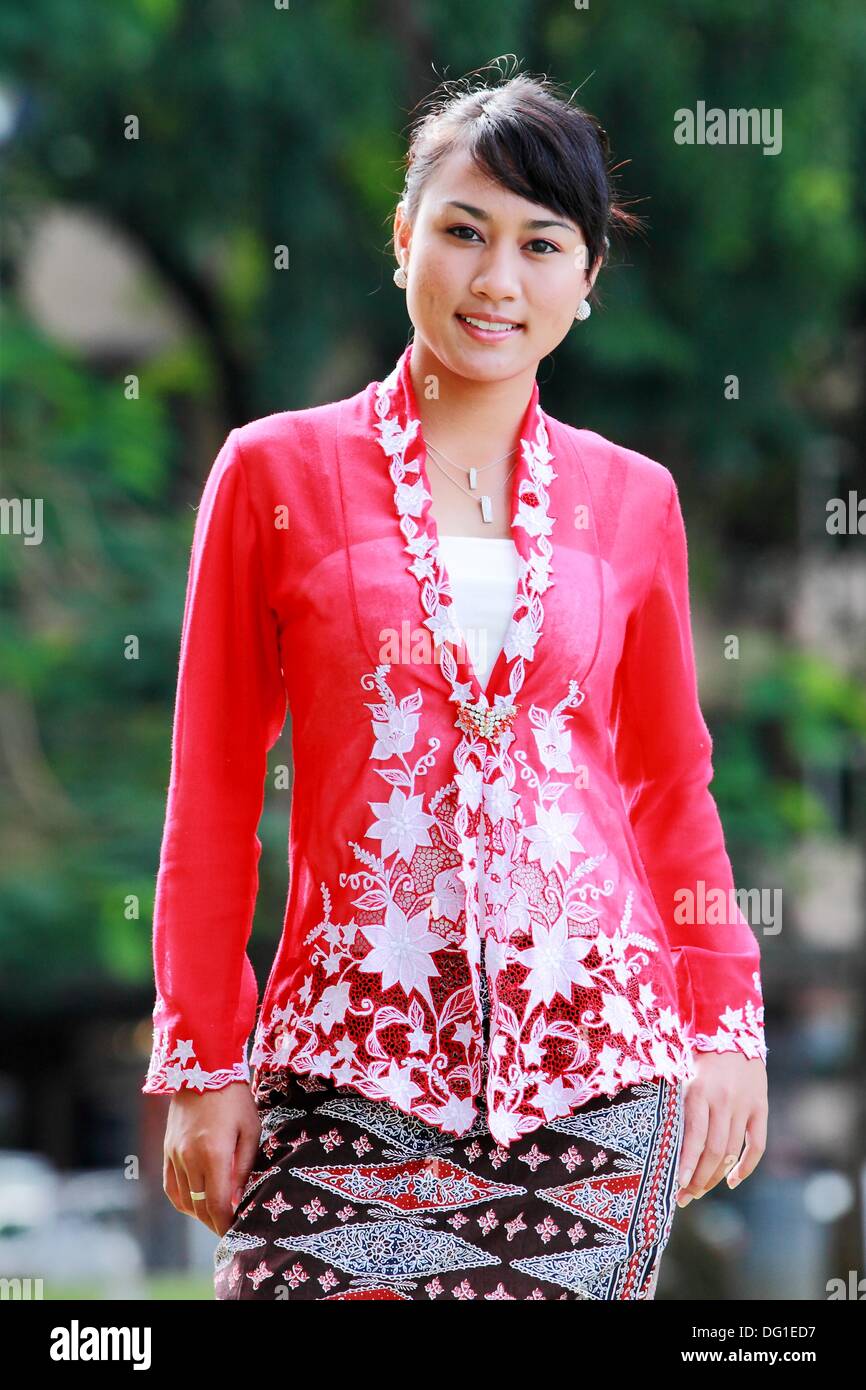
18+ Malay Traditional Costume
Male traditional clothes Malay men wear a loose tunic, trousers, a sarong wrapped around the hips, and a headdress. The tunic is called "baju melayu". The sarong is called "sampin"; its ends are sewn together. Malay male outfits are usually made from bright-colored cotton or silk.

Malaysian Traditional Dress Traditional Bride, Traditional Dresses, Traditional Weddings
Tangsi Tujuh Key takeaways: The modest fashion industry, a multi-billion-dollar market, is evolving thanks to modern designers working with Muslim and global customers in mind. Brands like Tangsi Tujuh and Anaabu are adding functionality to traditional garments while staying true to Asian roots.
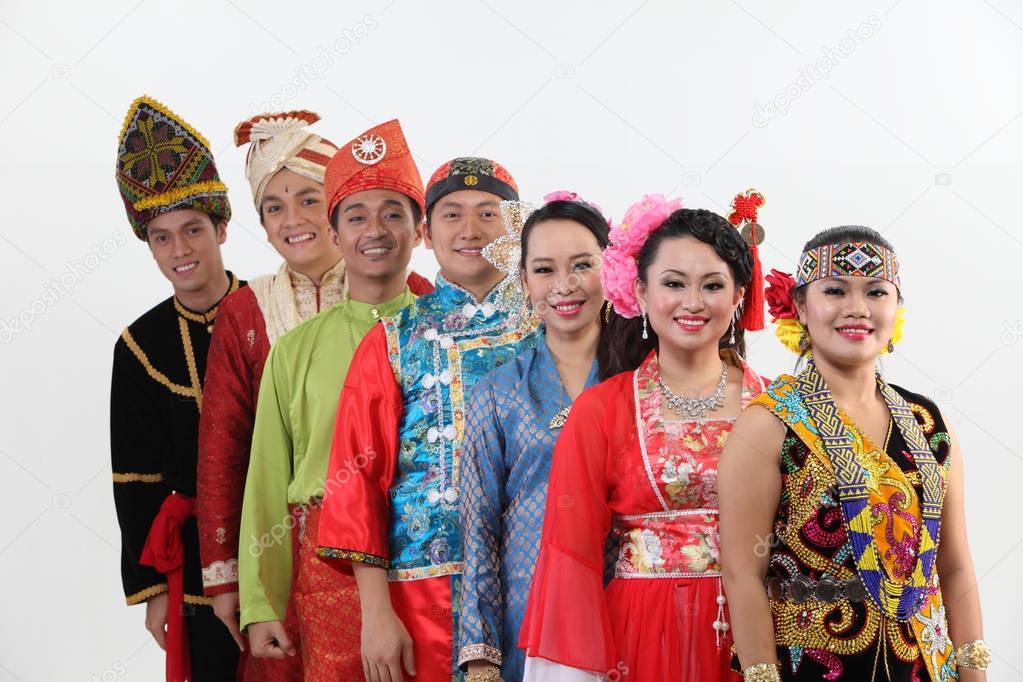
Malaysian Traditional Clothing Nehru Memorial
Baju Melayu ( Jawi: باجو ملايو) is a traditional Malay costume for men, originated from the court of Malacca Sultanate and is traditionally worn by men in Brunei, Malaysia, Singapore, parts of Indonesia (especially Sumatra and Kalimantan ), southern Philippines, and southern Thailand.
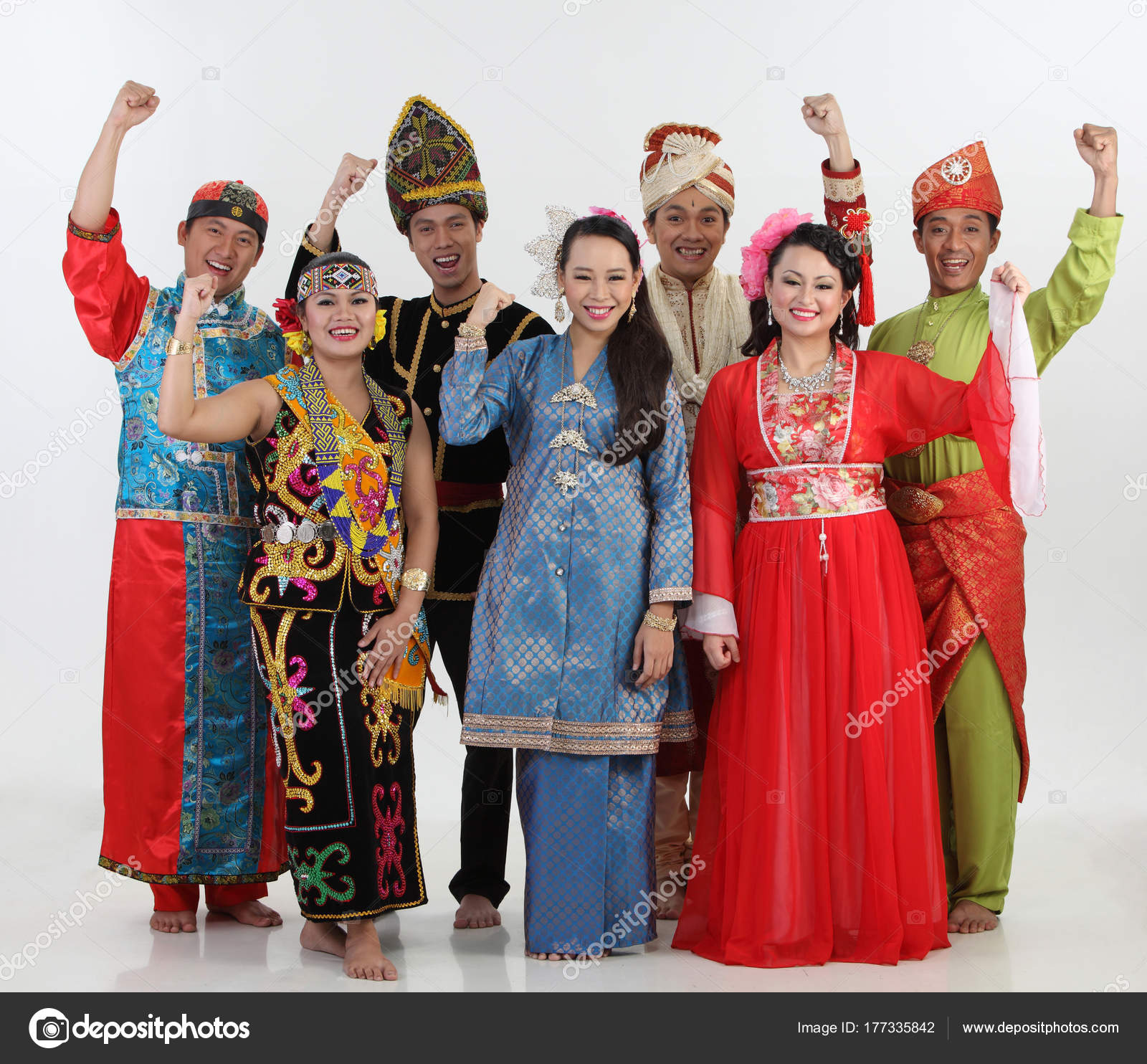
Malaysian People Traditional Clothes Posing Studio Stock Photo by ©eskaylim 177335842
Indian Traditional Wear The Indian community living in Malaysia has maintained its cultural heritage, particularly in their choice of traditional clothing. Men For men, the traditional dress includes "Kurta-Pyjama," "Dhoti-Kurta," or "Lungi-Kurta." Kurta is typically a knee-length shirt.

Traditional Costumes In Malaysia / Clothing of Malaysians Akademi Fantasia Travel The baju
There is no individual Traditional Malay Costume. But all the attires are divided into different main groups- Malay, Indian, Chinese and Orang Asli. Malaysia is a beautiful country where diverse cultures mix and connect. But there's more to learn about the Traditional Malay Costume.
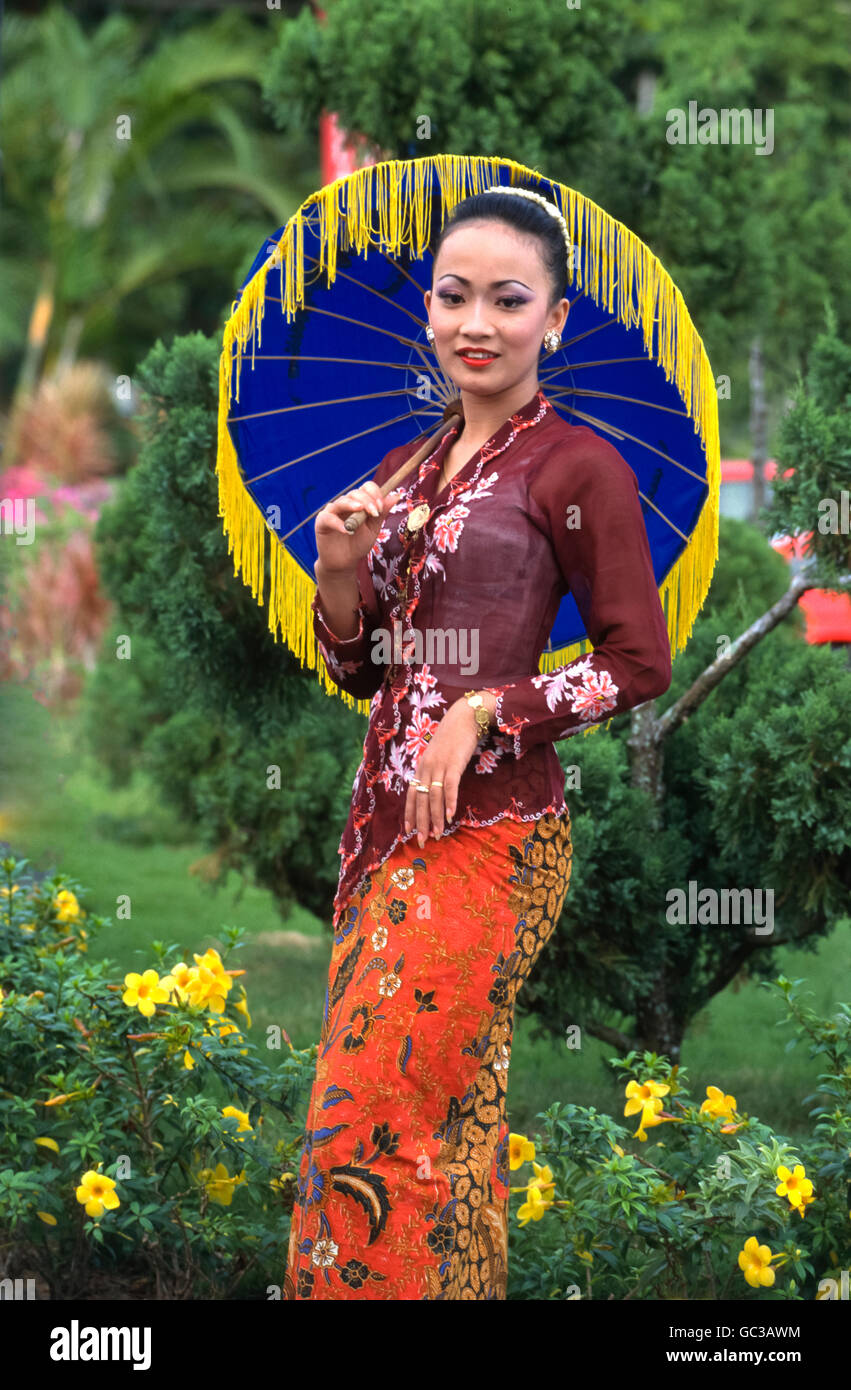
A young Malaysian woman dressed in traditional costume with colorful umbrella Stock Photo Alamy
Malay The Malay folk in Malaysia have several traditional clothes that are worth taking note of. When talking about Malay, it is important to know that Malays were not always Muslim. Islam is not always popular in this land of Malayans. So Malays have traditional clothes that they used to wear before and after their conversion to Islam. Baju Kurung
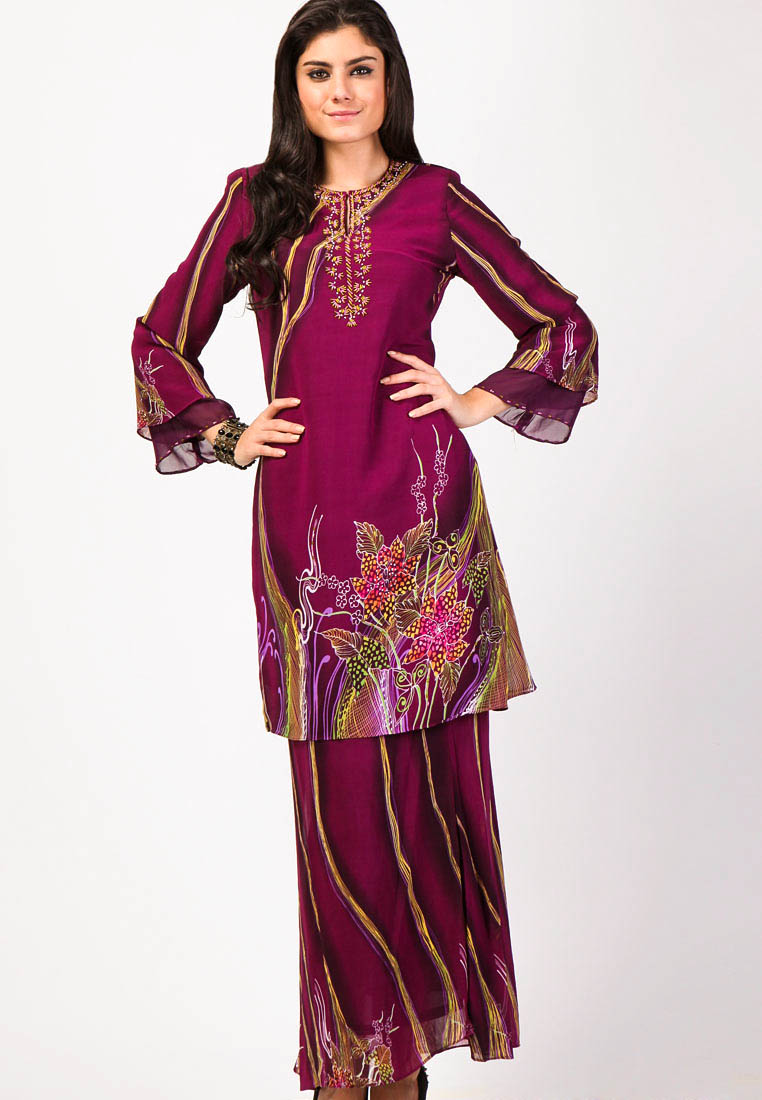
Elegance Traditional Beauty [Malay Traditional Clothes]
Malaysia is a wonderful mix of traditional SE Asian, Indian, and Chinese cultures; the national motto is "Unity From Diversity," and people seem to live this every day.. The different races in Malaysia DO dress like that. Have a walk in shopping malls, you can find plenty of such clothing. Even markets, such as those in the suburbs.
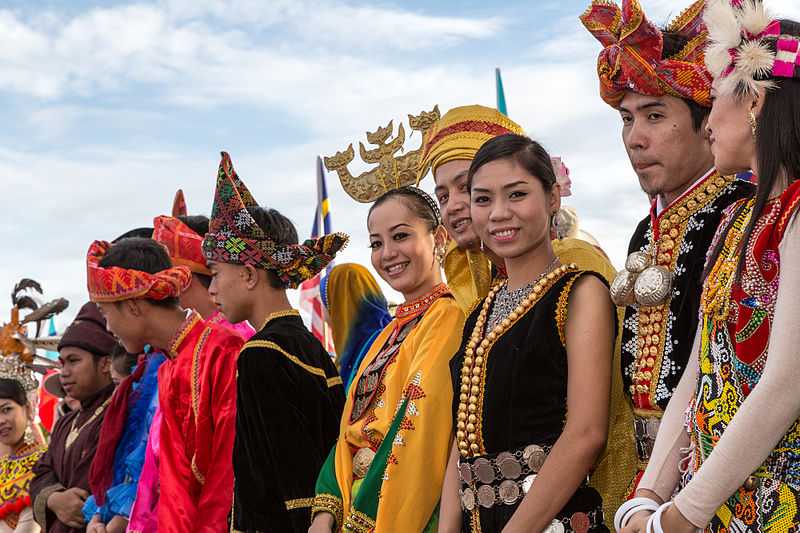
Traditional Clothes of Malaysia Malaysian Cultural Outfits
, August 25, 2022 Traditional Malay Clothing: 3 Popular Styles To Try On There's no better way to convey the distinct identities and storied histories of the Malays than through their colorful, elaborate, and artful classic garments. So here, we'll give you a tour of traditional Malay clothing.
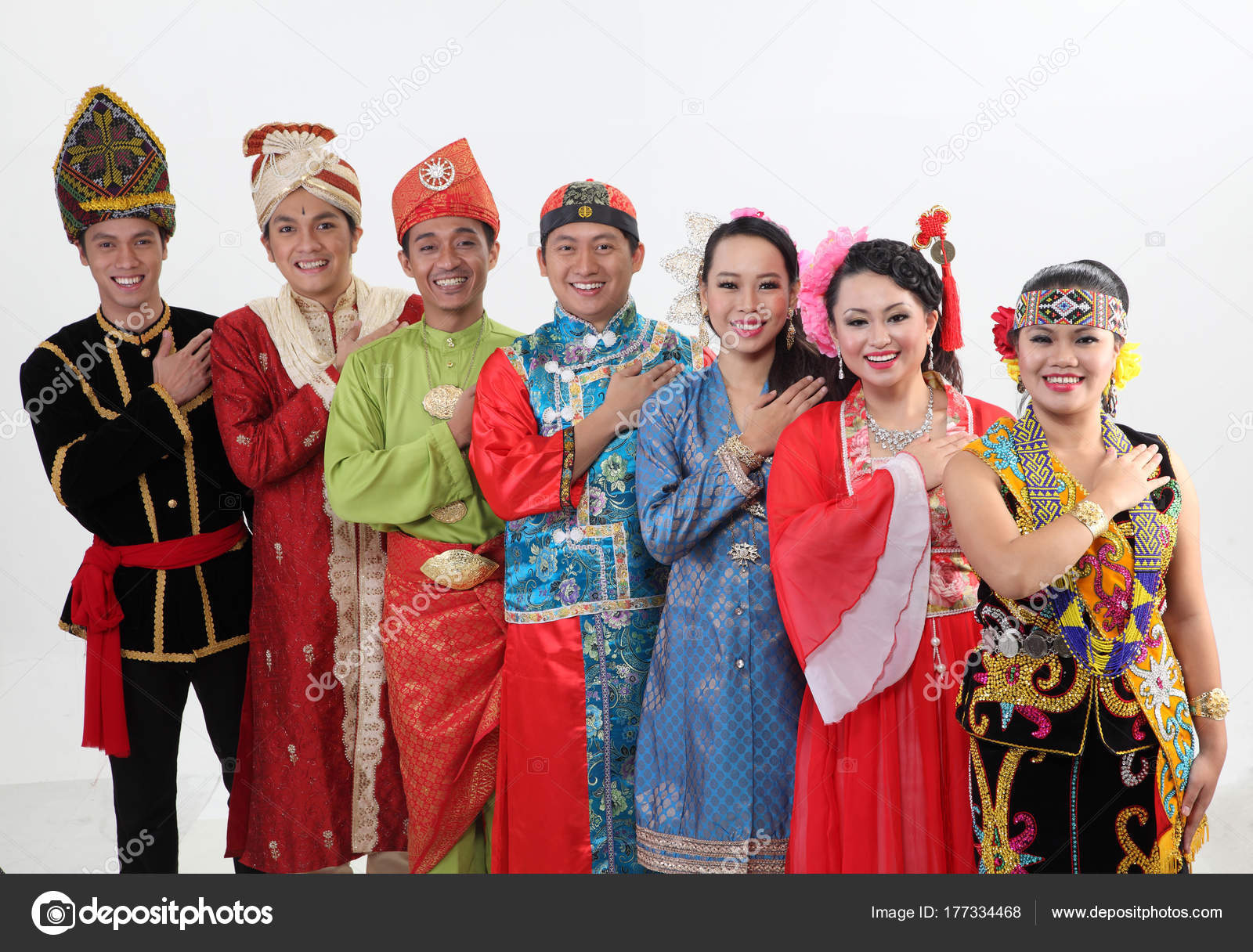
Malasios Con Ropa Tradicional Posando Estudio fotografía de stock © eskaylim 177334468
family gathering and eat together - malaysia traditional dress stock pictures, royalty-free photos & images. portrait of couple for hari raya aidilfitri (eid al-fitr) - malaysia traditional dress stock pictures, royalty-free photos & images. doting grandparents tightly embracing their grandson for a picture during eid ul fitr - malaysia.
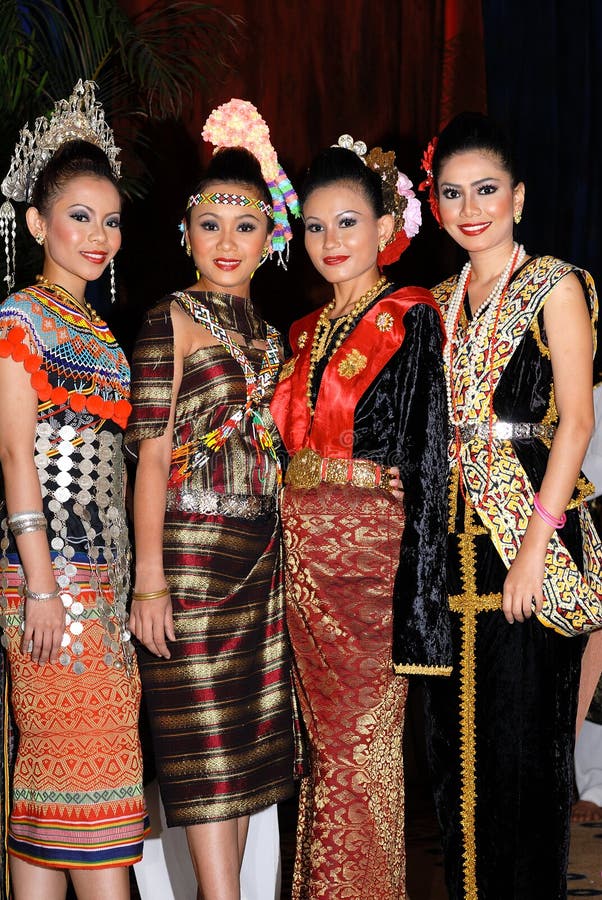
Traditional Costumes Of Malaysia. Editorial Photo Image 27159096
Baju Kurung is a traditional Malay attire that has been a staple in Malaysia for generations. It is a loose-fitting, ankle-length dress worn by women, consisting of a long-sleeved blouse and a long skirt. This traditional dress is worn for various occasions, from casual outings to formal events like weddings and religious celebrations.